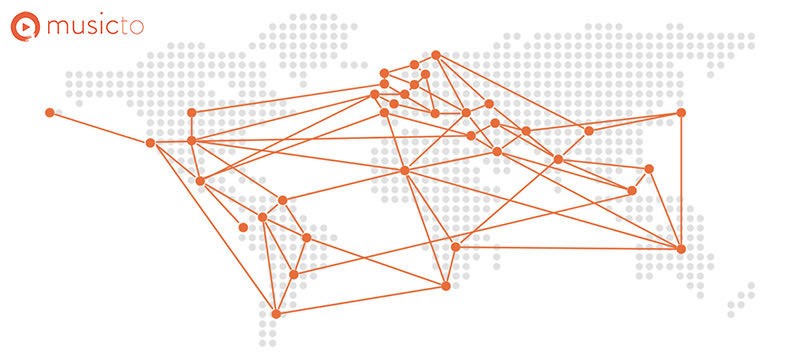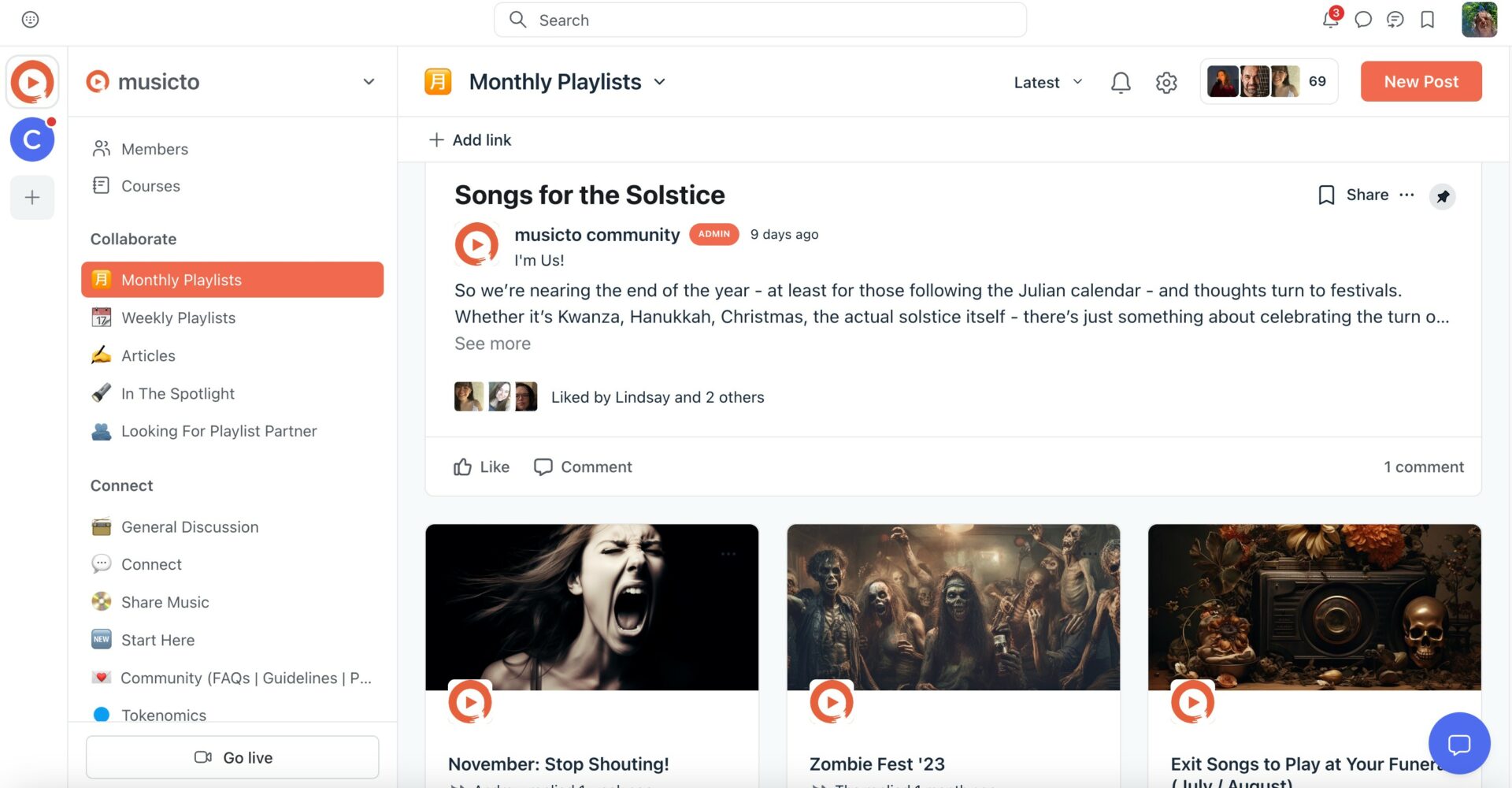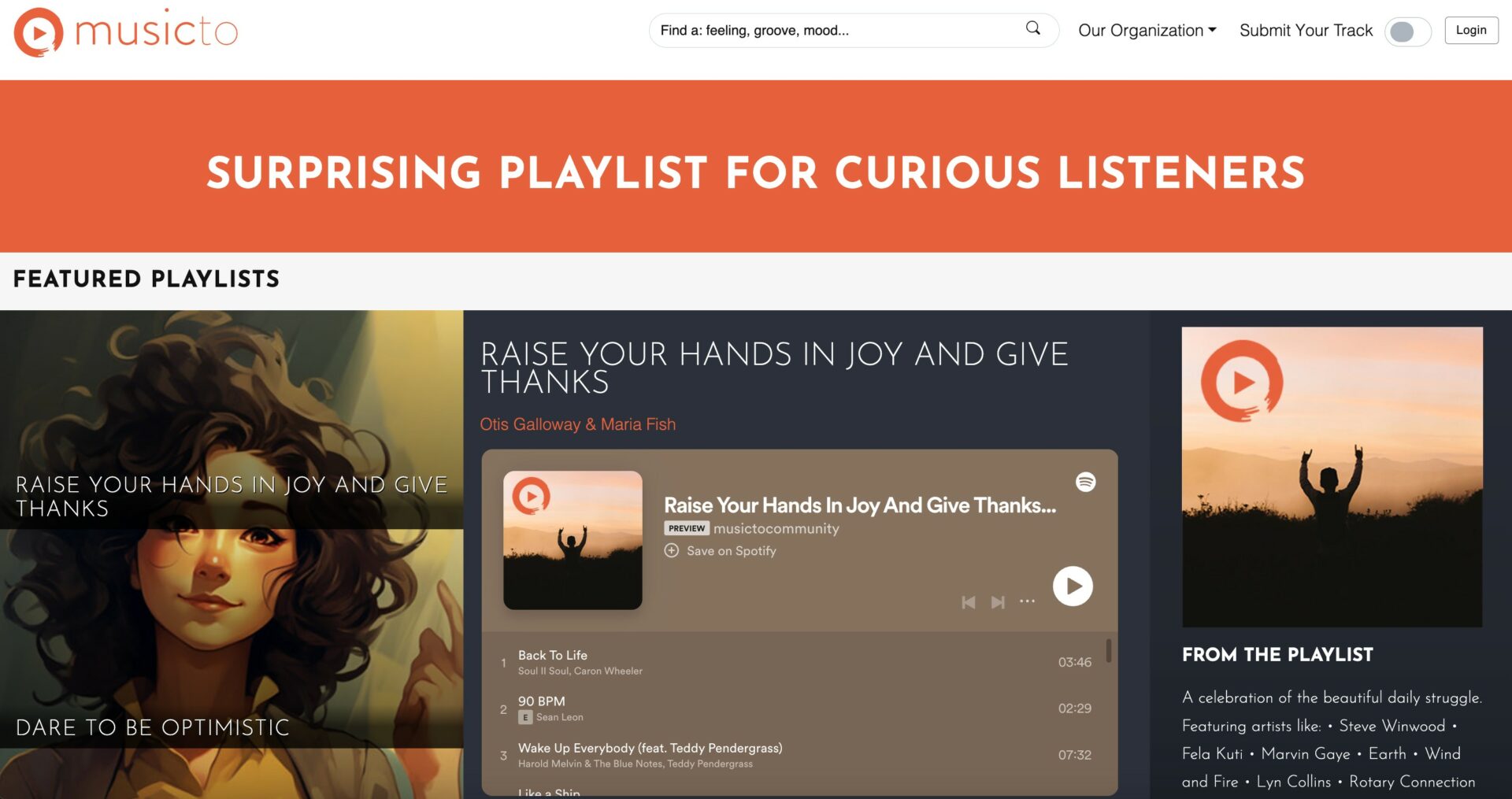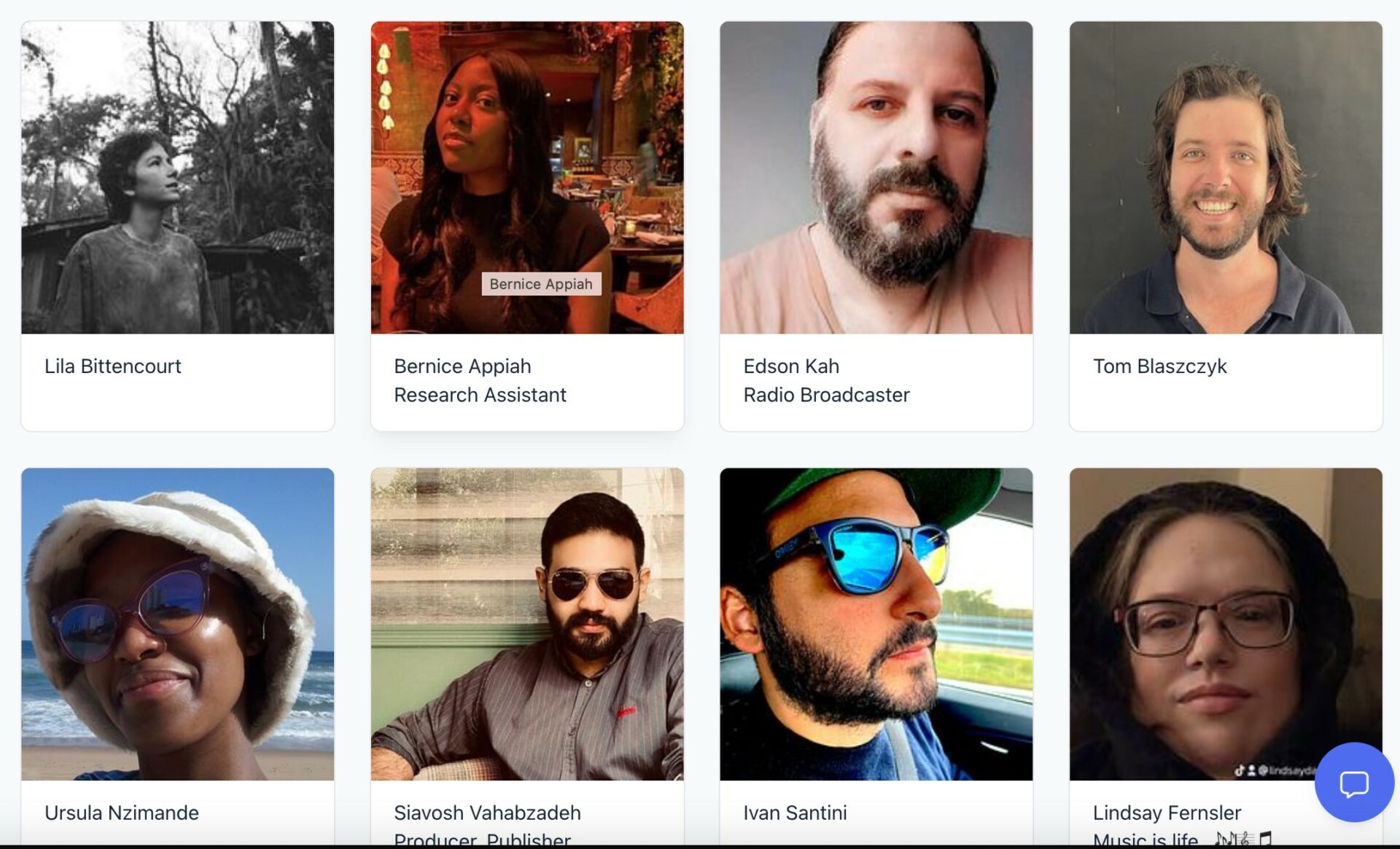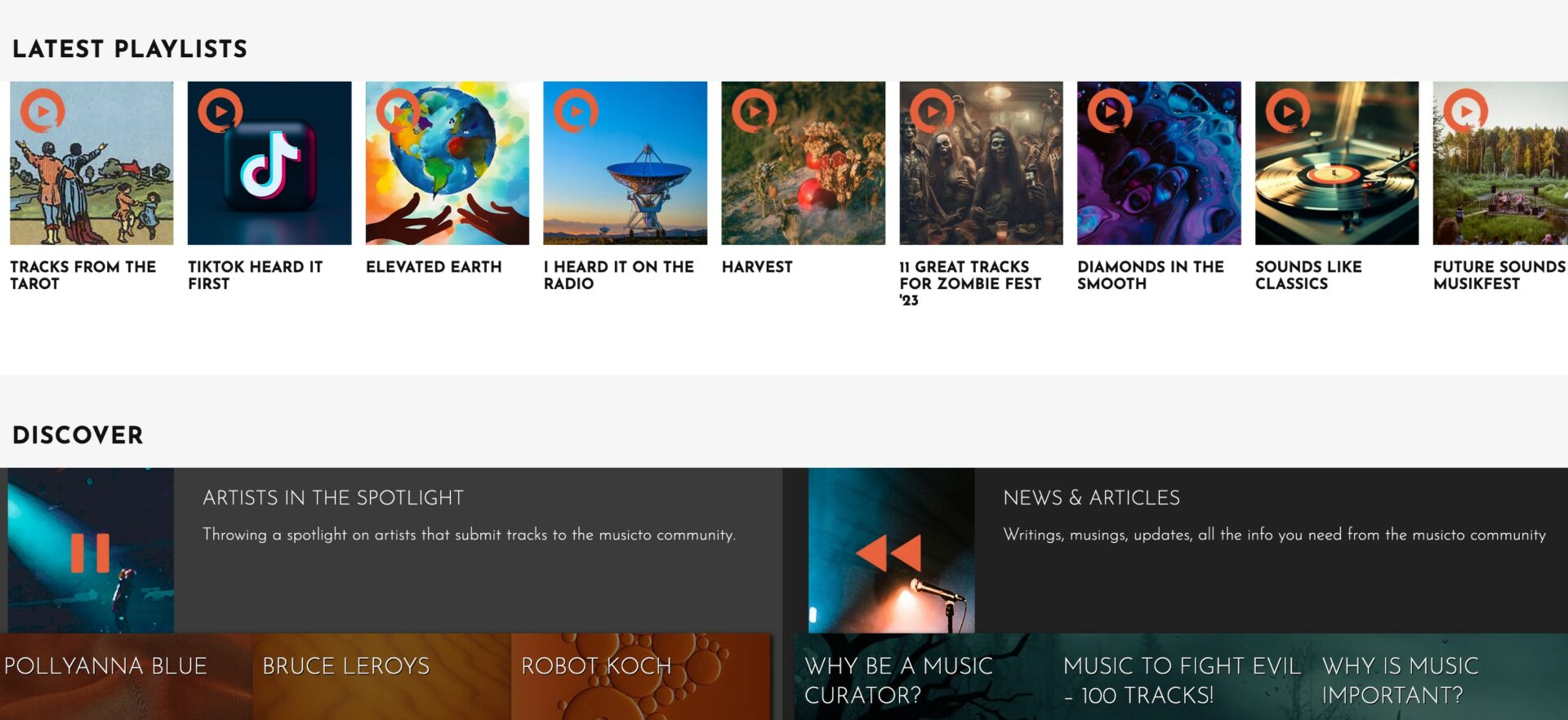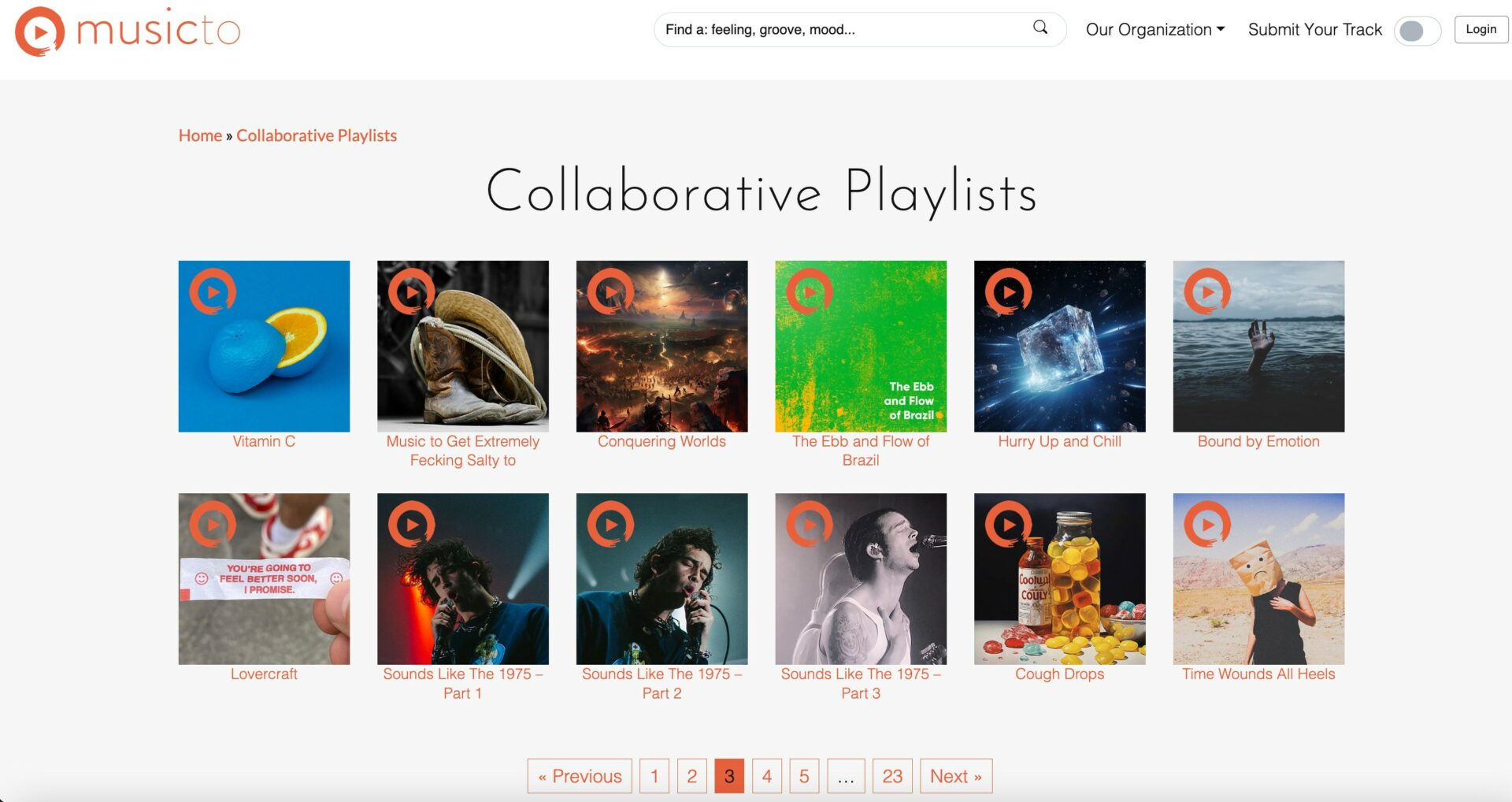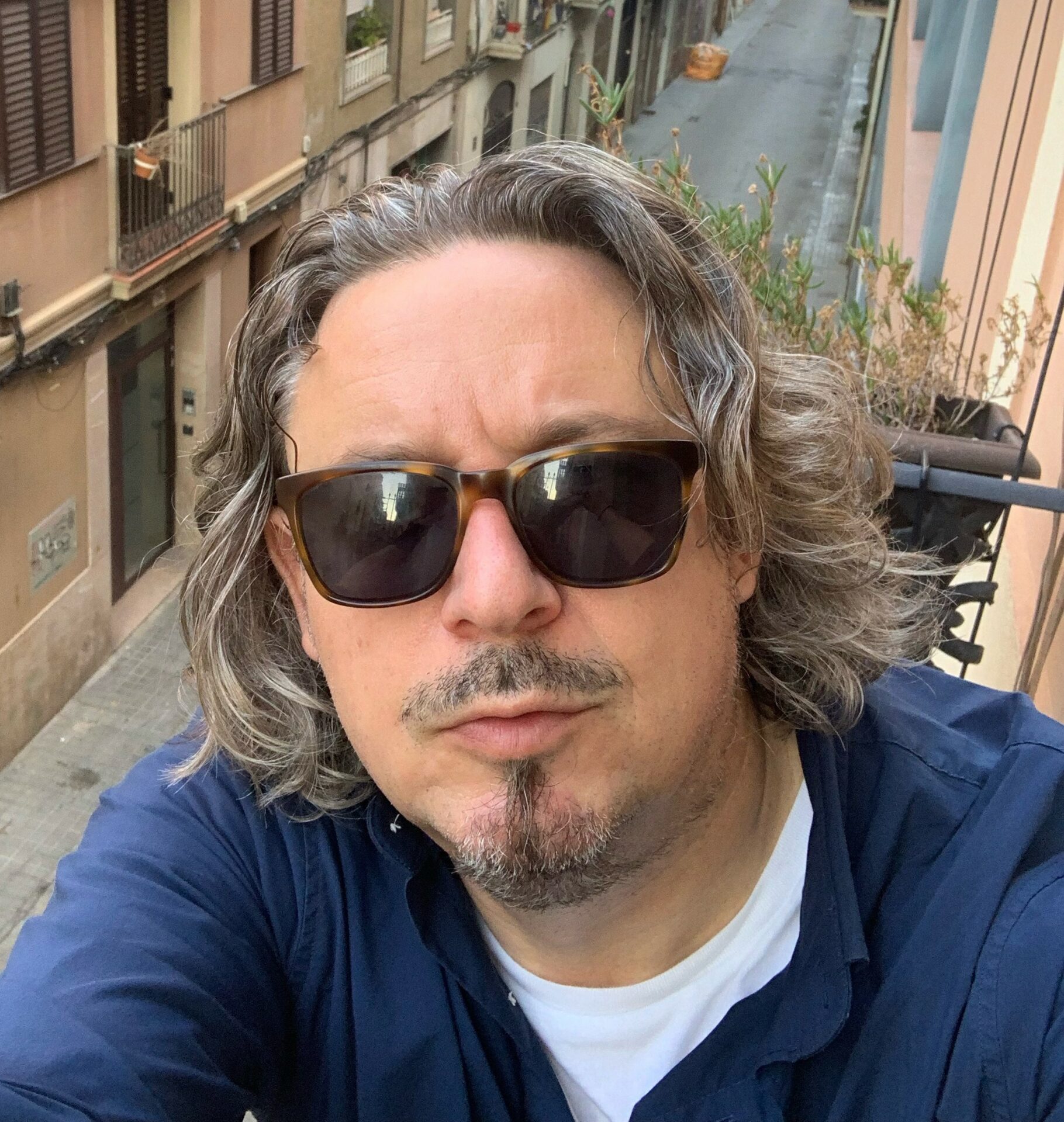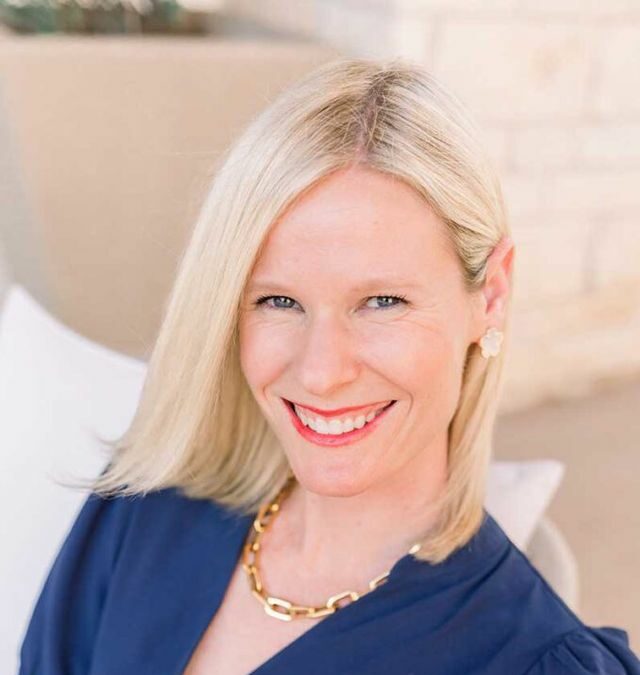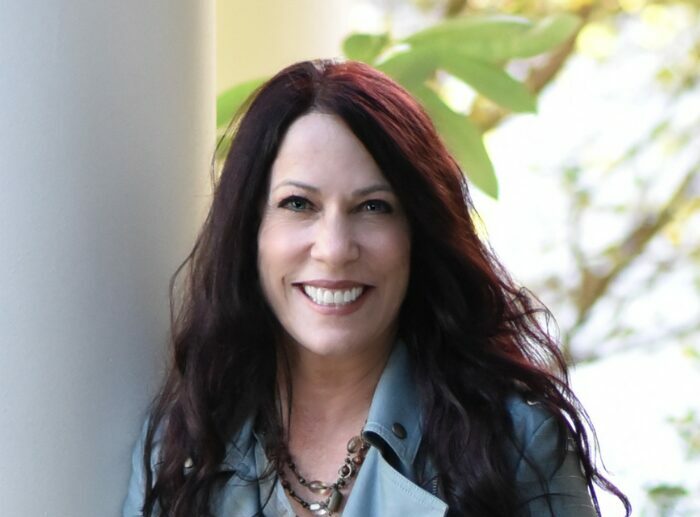We recently connected with Andrew McCluskey and have shared our conversation below.
Andrew, looking forward to learning from your journey. You’ve got an amazing story and before we dive into that, let’s start with an important building block. Where do you get your work ethic from?
I got my work ethic from my Dad – he was a OB/GYN surgeon who was often being called out in the middle of the night to save a life. he had two great expressions that he drilled into me and my siblings and which I in turn have drilled into my kids: 1/ Can you look the person in the mirror in the eye?
The essence here being that you may be able to deceive the rest of the world but you can’t deceive yourself. If you can truly look yourself in the eye and be happy with what you see then you should be doing OK
More pertinent to the work ethic was the second saying:
2/ You’re either a worker or a wanker.
My father had little time for people who didn’t work – who perhaps were born into extreme privilege and who didn’t contribute to society. But it wasn’t just those of privilege – it was anybody in society – he felt we had a moral obligation to contribute in whatever way we could and if you didn’t you were just selfish and sponging of society. He had deep compassion for those who through no fault of their own were unable to work – whether that’s through physical or environmental circumstances, but if you were able and chose not to contribute – yeah – you didn’t want to be that person.
Thanks, so before we move on maybe you can share a bit more about yourself?
For the last 8 years I have been working to develop musicto.com: a global community that connects people across cultures, nations and generations.
The project evolved from starting out as a for profit organization where music curators could develop audiences which could be monetized – into a non-profit that acts as a global development organization.
In 2018 / 2019 as we recognized that the initial strategy was not going to work due to changes in the streaming economy and the amount of work an individual would have to do to create a monetizable audience. Additionally we recognized that we were attracting the types of people who were motivated by personal profit, resulting in a weak community with high attrition.
We pivoted away from revenue generation and doubled down on community – spending most of 2019 working out who we were, what our values were, what we stood for and how we wanted to interact together. This resulted in a dramatic drop in community applications and a massive drop in publishing & visibility but instead delivered a core nucleus of community members who were aligned around a community vision.
With the pandemic things started to accelerate again as community members began to collaborate with one another – instead of community members focusing on their own playlists, people started making playlists together and that was the single behavior that changed everything.
There is something magical about creating something with another person, particularly if that creation is tangible and can be revisited after the creative act. Typically in the arts such a creative act requires a level of skill – a level of resource investment to develop muscle memory and ability to meet another in a creative space – think how musicians need a certain level of competency to play together – painters and writers need a similar skill level etc.
But with playlists – all you need is a love of music and a certain level of curiosity about what your creative partner is adding. We started publishing more playlists which in turn started to drive visibility which in turn drove community applications and the virtuous cycle began to kick in. And while on the surface it looked like “playlists” were the primary output of musicto – what was really happening is that relationships were being developed inside the community in a way that hadn’t happened before.
Fast forward to 2021 and the community had developed to the point where we could bring in a volunteer management level – we created three nodes: Distribution & Connection, Nurture, and Architecture & Build. We created a basic Tokenomics structure that rewarded activity, both within the nodes and in the greater community as a whole. We manage tokenomics off-chain at the moment but the intent is to bring it on-chain once the environment stabilizes.
The management of musicto is now far more distributed and no longer reliant on one individual. The next step for the community is the development of Collectives – this is where community members start to organize around ideas and interests that they share: Halloween, Veganism, Dance, Weddings, etc, etc. These collectives produce content around an idea that in turn increases publishing and raises visibility, in effect 10xing our ability to publish. Next year looks to be an exciting time.
Finally our application for non-profit status is just been approved by the federal government. In becoming a 501(C)3 we can be the housing for musicto.com. The musicto Foundation will show the transformation that being part of and contributing to a community can deliver. More on that next time.
There is so much advice out there about all the different skills and qualities folks need to develop in order to succeed in today’s highly competitive environment and often it can feel overwhelming. So, if we had to break it down to just the three that matter most, which three skills or qualities would you focus on?
The first and most critical belief is that people are inherently good and that if you invest and believe in people it becomes a net positive outcome for both them and yourself. My entire marketing strategy has been to mentor people as soon as I felt confident enough to offer it. People that I have mentored for years now run their own businesses and are now contributing to the project in ways I could not have imagined – I’ve also made amazing friendships across the globe and across generations that would never have happened.
Investing in people – giving your time and experience to help another human has been my #1 strategy.
As for the rest – a skill to develop would be Listening. As a mentor you don’t need to have the answers – most of the time you shouldn’t have the answers. Nine times out of ten the person knows what they need to do – your job is to help them get there and you can only do that by listening intently and caring about them – by putting their needs above your own – and helping them to achieve.
The other trait would be optimism. I’m a believer that life can get better – that things will work out – that if I apply myself and help others do the same, that we can make the world a better place and more fun to be alive in. I’m doing what I can do with music and people – others do their part with the skills and talents they have – but it has to start with a belief that the future is bright and we’re here to make it a reality.
Before we go, any advice you can share with people who are feeling overwhelmed?
Focusmate.com
This tool literally changed my life and has saved me on way too many occasions. As an entrepreneur, working on my own, being my own boss and working remotely with a globally distributed team – it can be incredibly isolating. Add to that I have had several severe depressions over the years and can often find myself self-sabotaging.
The idea is simple – create an account for like 6 or 7 bucks a month – book a 50 or 25 minute work session – get “paired” with a total stranger somewhere on the planet – similar to a zoom call. They ask you what you’re working on – you ask them – you then both do your work and then at the end of the session compare notes on how things went.
While it doesn’t sound like anything special and it doesn’t sound like it would work – Focusmate is where I turn to when the overwhelm is too much or my self defeating tendencies come to the fore. I can track my mental health against the number of Focusmate sessions over the last two years.
If you haven’t tried it I highly recommend giving it a go.
Contact Info:
- Website: musicto.com
- Instagram: https://www.instagram.com/musictocommunity/
- Linkedin: https://www.linkedin.com/company/musicto/
- Twitter: https://twitter.com/musictocmty
- Youtube: https://www.youtube.com/@musictocommunity
- SoundCloud: https://soundcloud.com/musictolabel
- Other: Spotify: https://open.spotify.com/user/musictolabel?si=b63fae6b9bea4cd9
Tiktok: https://www.tiktok.com/@musictocommunity
